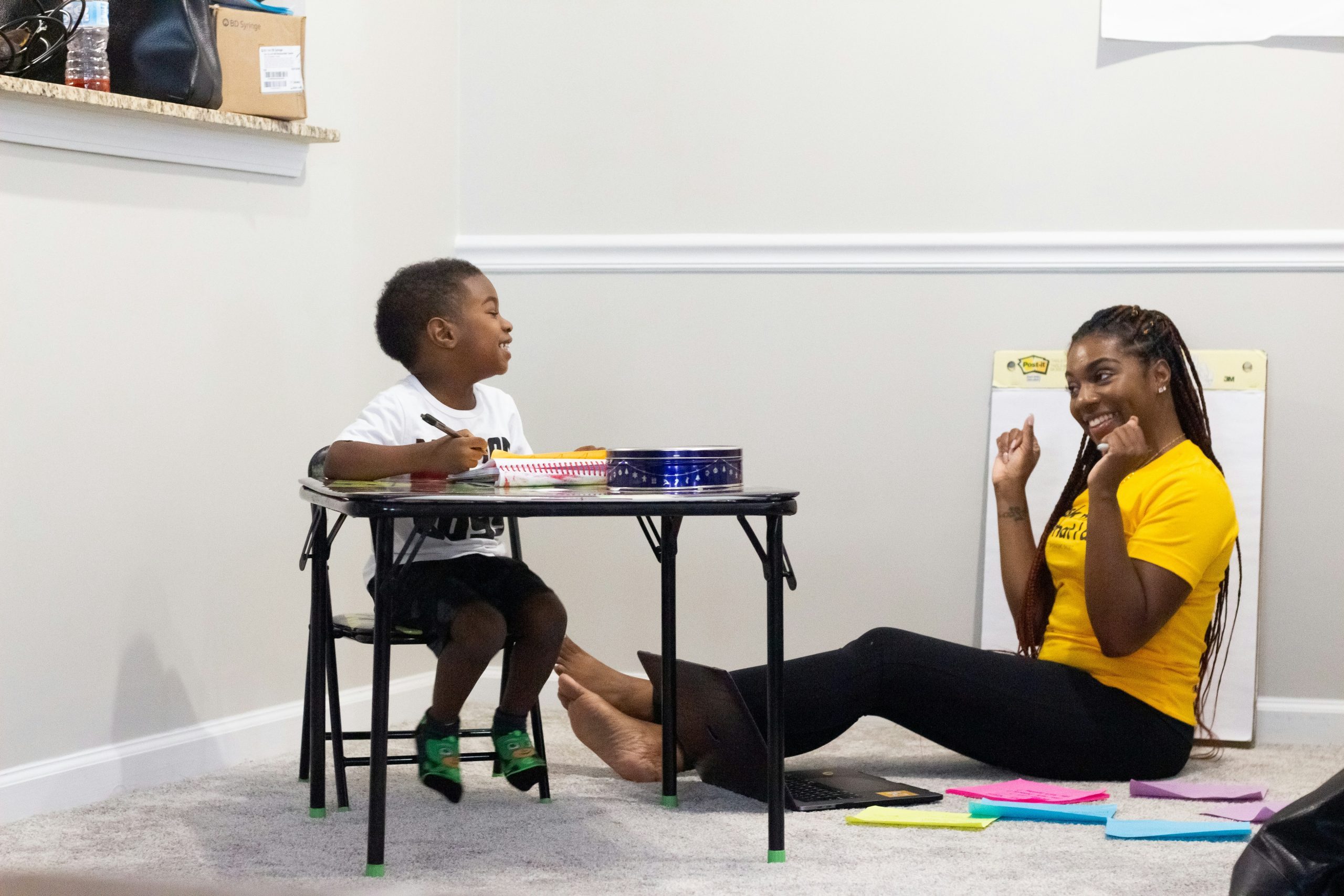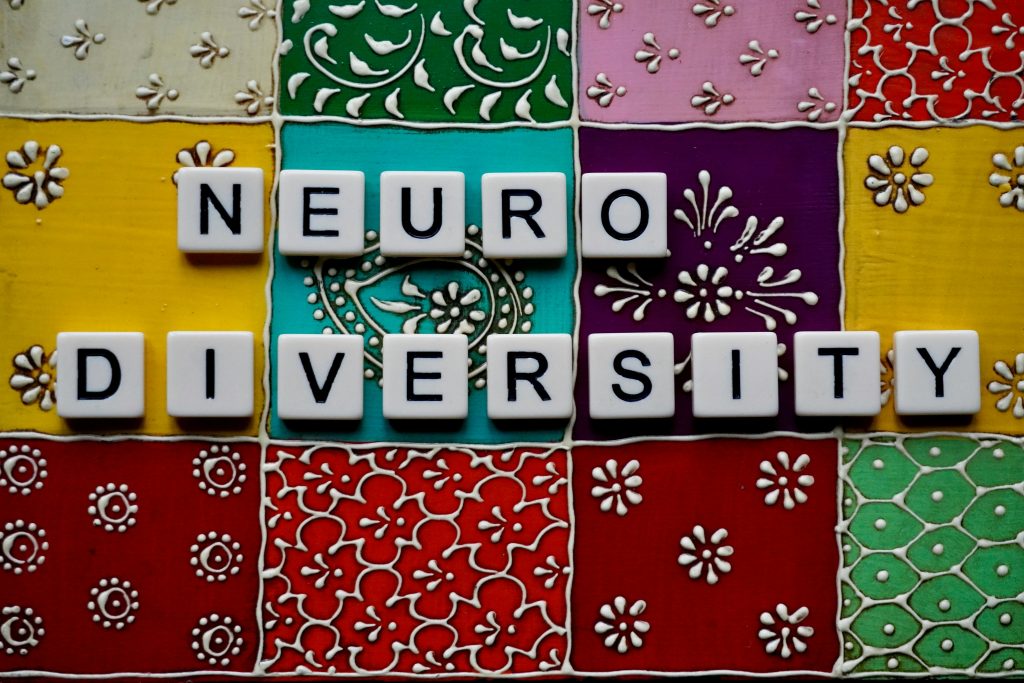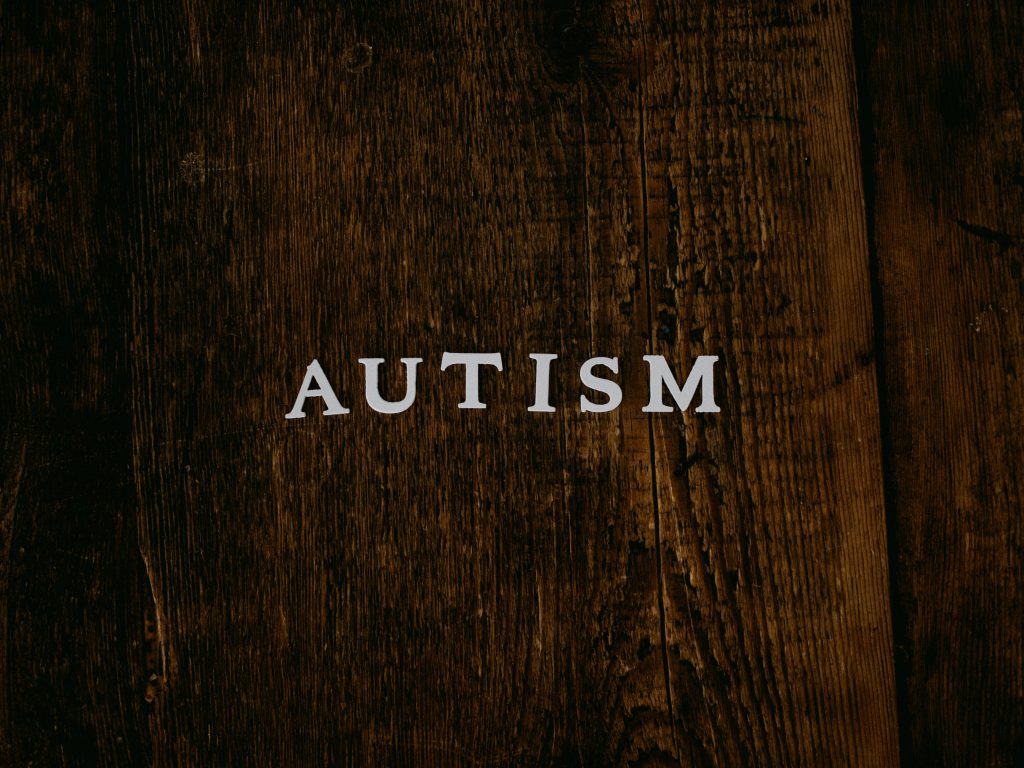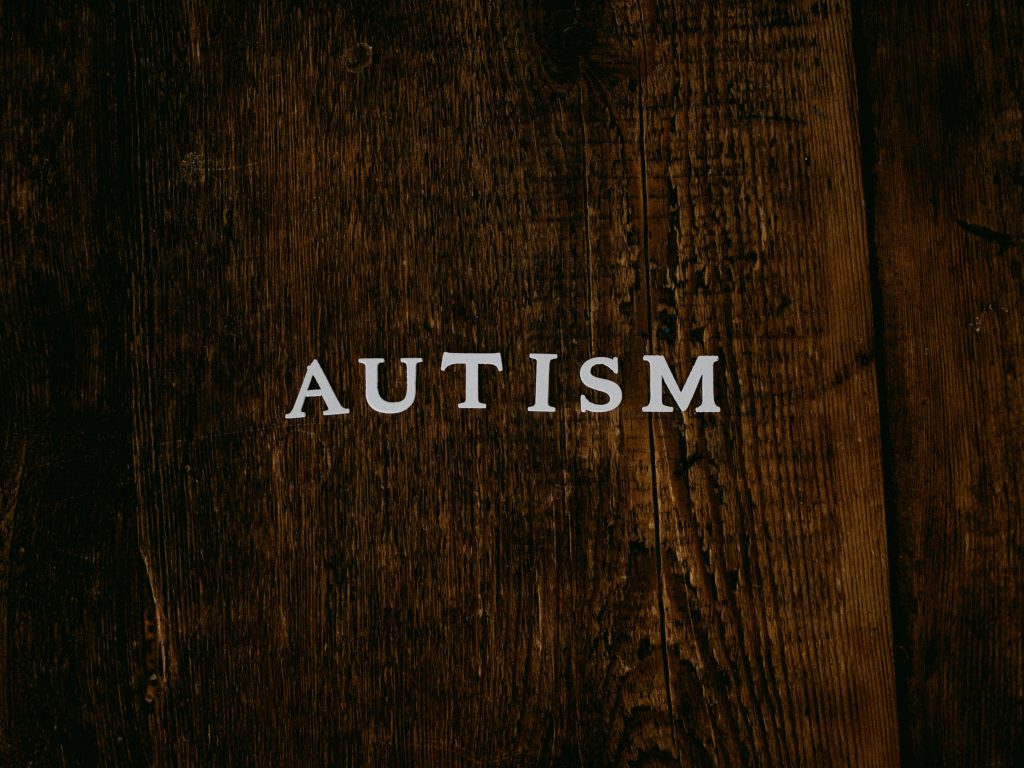Be the Hero Parent Your Neurodivergent Child Needs
Kim Smith’s story is impossible to forget. When her 10-year-old daughter, Millie, who has been diagnosed with dyslexia and dyspraxia, was pulled from school, people said she would never succeed.
Kim took a brave leap, she started a child-led homeschooling approach in lockdown, weaving in Millie’s passions from space to psychology.
Four years later, at 14, Millie received an unconditional offer for a B.Sc Honours in Psychology without any GCSEs or A-levels. Kim won this battle by redefining success on their own terms.
Are you sitting on a truth many schools do not understand? Your child’s mind works differently. Maybe mornings are storms of anxiety. Maybe sensory overload turns school chaos into emotional meltdown.
You might have felt unseen and frustrated, like you are trying to fit a square peg into a round hole.
What Your Child Needs
In this blog, you will learn how to be the hero who crafts a learning world around your child, not forcing them into one.
Like Kim, you can create a space where curiosity thrives. A place where your child’s way of learning is embraced. You can nurture growth without breaking spirits.
A Glimpse of What is Possible
Think of your children waking when their own rhythm calls, not the bell.
Lessons that ride on their sparks, maybe building rockets for Maths or Storytelling for grammar.
Evenings filled with curious exploration, instead of exhaustion after a day of trying to fit in.
Plan Your Step-by-Step Hero Toolkit
Here is how you can begin:
- Tune In to Your Child. Start with what captivates them, be it trains, dinosaurs, art, or weather patterns. Build little lessons around that fascination.
- Begin Small. One focused activity a day. No curriculum, no pressure, just connection.
- Stitch in Support Your Way. This could be an online co-op, local meetups, or therapeutic play, bringing in gentle structure and community.
- Read, Reflect, and Lean in. Tap into the wisdom of parents who have walked this path. Groups like “Parenting IQ” or forums where neurodivergent voices shine remind you that you are not alone.
- Honor Your Own Humanity. You are not a perfect educator. You are a loving parent. Your worth is not tied to grades or timetables. Celebrate the small triumphs, curiosity sparked, calm moments, bravery shown.
Every Hero Needs a Map

You are the hero. This blog is your map. It meets you where you are with empathy, not judgment.
It speaks your heart’s language, knowing that what you need is not a catch-all handbook but encouragement, permission, and a starting point.
It speaks your heart’s language, knowing that what you need is not a catch-all handbook but encouragement, permission, and a starting point.
Hear What an Expert Has to Say
In a remarkable podcast episode of The Inclusive Dad, Dr. Diana Fannon, a special education director, school psychologist, and mother of a child with autism, speaks directly to parents stepping into advocacy.
She emphasizes that “Parents often lead the way in uncovering best practices before schools do,” and that inclusion means designing learning environments where every child is seen, valued, and supported alongside their peers. Not by forcing them into existing systems, but by creating systems that meet their diverse needs and ensure access and belonging.
Realness Over Perfection
Genuine heroism does not look like a tidy Instagram storyboard.
It might look like a late-night Pinterest spiral, a tearful morning, a makeshift lesson in the living room, or quiet relief in a calm afternoon.
It looks like turning a system that did not fit into a life that does.
I encourage you to let Kim’s story fuel your courage, and you will see how your child’s smile becomes the measure of success.
Your child does not need perfection, but you. Your fierce love and openness to adapt are more than enough.
Can you share one way that works well for you to encourage parents of a neurodivergent child? Share with us in the comments.
https://www.thesun.co.uk/fabulous/36255106/daughter-14-uni-no-alevels
“Trolls said my daughter ‘wouldn’t ever get a job’ when I took her out of school, but now she’s going to UNI at 14” ~ Kim Smith
















